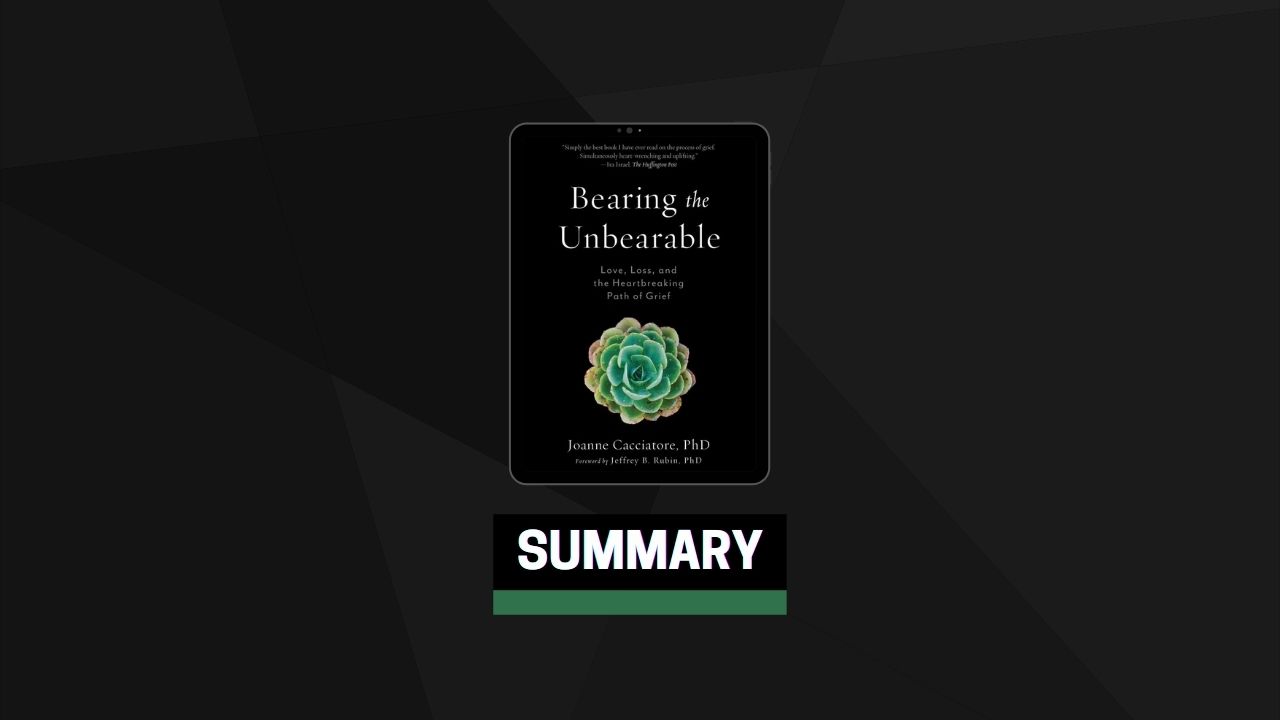The Role of Others in Our Grief
Cultural norms promote inexplicable double standards that are often harmful to those grieving. Certain tragedies deemed worthy are validated, and in those cases, others often arrogate those losses, usurping a grief that is not theirs. Individual grief is discouraged, even scorned, beyond a brief period of time. Years later, the culture willingly remembers private tragedy publicly without assent, consultation, consideration of those who are personally affected. But if a loss isn’t dramatic enough, if it hasn’t touched the masses or been deemed worthy of a public platform, then society might not remember at all.
When others call into question our grief, defy our perennial relationship with those we love who have died, treat us as anathema and avoid us, and push us toward healing before we are ready, they simply redouble our burden.
It almost seems that the only way to eradicate our grief would be to relinquish the love we feel — to disassemble our loved one’s place in our lives. But checking in with the wisdom of our heart, we see that is impossible.
Grief and love occur in tandem.
Public and Private Grief
Choices we make as grievers merit the deference of others.
Grievers need to be asked respectfully by their own communities whether and how they would allow their tragedies to be put on public display. We should be able to express our own sorrow and remember our loved ones however we choose. If we are fortunate, communities grace us with generosity without expectation, privacy without isolation, casseroles without gratitude, and the well-intended standard, “I’m here for you,” without needing any response from us.
Such community grace, in the comparatively rare times it’s present, is so often short-lived, but grief persists. People resettle into the chaos of life swiftly. Normalcy resumes, at least for those who aren’t grieving.
But when we are frightened and in pain, we need others with whom we can be honest. We need others who can enter the abyss with us, sometimes again and again. We need to reach out to someone who is safe, who will not judge, who will not shut down or shun our pain. And, when we are hurting this much, we may need to borrow, muster, or scrape up the courage to reach out to others. And we need these things for an indefinite period.
Early Manifestations of Grief
Grief reveals itself in both subtle and dramatic behaviors — particularly when we are not willing to feel what grief requires of us. Substance abuse, gambling, overconsumerism, promiscuity, interpersonal conflict, recklessness, and even suicidal gestures are common manifestations of this dynamic. We may find it more difficult — if not impossible — to concentrate for very long on anything but the loss. Obviously, this can make it difficult to work, though not necessarily impossible when surrounded by supportive colleagues. Conversely, some may immerse themselves in work or exercise or spirituality explicitly seeking to avoid thinking of the loss and the feelings associated with it.
Interpersonal relationships may become strained, and in grieving families, this may be amplified. As grievers, we may feel tired and may not have the energy to engage with others in meaningful ways. We may feel less patient and tolerant. Perhaps we have not yet learned how to openly share our feelings, or we have not found others willing to deeply listen, or we do not feel safe doing so. Many grievers report that they lose old friends — and sometimes gain new ones — as their dyadic relationships shift.
The almost physical weight of grief can directly affect the body, leading to changes in appetite, weight, energy levels, and sleep patterns as well as other problems. Some report trouble breathing and sensory malfunctions such as a loss in the ability to taste or smell. Others complain of diffuse pain, aching arms, chest pain, back pain, headaches, and lethargy that manifest for the first time after the loss. All of these may be a result of the sustained — but normal — psychological stress associated with grief. Even so, grief can be associated with premature mortality of the griever, especially a bereaved parent — though studies show this may be related to the effects of chronic stress and waning self-care rather than a medical crisis.
Pause, Reflect, and Feel Meaning
How do we bear that which is unbearable? How do we suffer that which is insufferable? How do we endure that which is unendurable? Early grief feels wild, primitive, nonlinear, and crazed. It commands our assent and our attention; it uses up all the oxygen in the room; it erupts unpredictably. Our minds replay grief-related content in habitual cycles. It feels inescapable and lasts for much longer than other people, the nonbereaved, think it should. Like an open, bleeding wound it begs our tending.
“I am here,” grief says. “Be careful with me. Stop. Pause. Stay with me.”
The word selah – “to pause, reflect, and feel meaning” — appears almost seventy times in the poetry of the Psalms. Grief by its nature is poetical, elegiac. And poetry, like grief, is subversive, unbridled, and disobedient. Poetry violates linguistic norms because it must. Poetry helps us feel. And when we allow ourselves to feel that which is legitimately ours to feel, we rebel against the rigid grief-denying structures of society.
The Collision of Love and Loss
We do not experience grief without love, and we cannot experience the love without feeling grief. When we open our hearts to grief, over time, the delineation between the two states deliquesces. Our hearts open, because grief, like love, is a matter of the heart.
Grief occupies the space between people.
It has its place in the family, at the dinner table and on vacations, in pews and on porch swings.
It occupies time and space, passed along from one generation to the next.
Grief, like love, is open-ended.
Yet in so many people, while love is welcomed and encouraged, grief is stifled and suppressed by fear.
The Vitality of Self-Care
Wherever we are in our grief journey, pausing causes us to land on the self.
The focus is very much turned inward. Grief, particularly traumatic grief, is a wound to the self. When we are deeply wounded, we must turn our focus to the injured place in order to survive.
Attending to the self-focused, self-caring place of heart-turned-inward doesn’t mean we stay in that place, always and forever. That, too, changes. We will move, vacillating between self and other, heart-in and heart-out, over time.
When we notice that foregrounding of grief, it’s okay to turn our hearts inward and focus on that moment — in fact, it’s essential. And when we do that, we’re also reminded of the need for self-care.
Self-care is crucial for those who are grieving.
Its necessity is nonnegotiable.
Self-Care and Sleep
Self-care can take many forms: eating well, getting a massage, exercising, finding solitude, being surrounded by loving others, and getting enough sleep.
Sleep is paramount to our well-being. When we have not slept soundly, think about how intolerant and impatient we become, how stressed or hungry or exhausted we are. Consider the effects of the lack of sleep on cognition, problem solving, memory retention, and even our sense of balance.
Good sleep hygiene will not, of course, alleviate grief (nor would we want it to!) — but it will help us better cope with our fluctuating emotional states.
Ways to Care for Yourself
Dear Your Name,
Please remember to
Have a good cry when you need one.
Drink plenty of water.
Connect with compassionate others.
Accept and embrace emotions without clinging to them, even the good ones.
Find the sun every day.
Learn to love solitude.
Serve others every opportunity you can.
Sleep seven hours a night.
Eat clean.
Play dirty (get in the mud, walk barefoot, sweat).
Remember your precious dead.
Feel grateful but don’t force gratitude.
Notice nature.
Try new things.
Pray and/or meditate.
Find your special song.
Seek out those who made a difference in your life and tell them.
Build bridges between people.
Take a media break.
Treat yourself to a day of comfort.
Rescue an animal.
Buy a stranger a cup of coffee, or tea, or lunch. Anonymously.
Start over again.
With love, I’m trying,
Yourself
Final Word
The unnecessary agony born from our disconnected feelings and lack of compassion for ourselves and others has been told in story after story. Over and over, we see the grave consequences of a grief not brought forth, when it is denied, avoided, repressed — when our biographies of loss are locked up and hidden away.
Losing our beloved brings a pain unlike any other — and this pain is legitimately ours.
Being with grief is terrifyingly painful, yet when we live our grief honestly, it has the mysterious power to deepen the meaning of our lives.
This is the gift-curse of grief.
When we come to deeply be with the finitude of our lives, and the lives of those we love, our appreciation for everything is deepened.
We touch a vibrancy, a richness — and we begin to wake up.
This other person we love could die at any time.
And we too will die.
We realize that every moment is a secret cache.
Each breath is an offering.
And every increment of time is irreplaceable.
The only thing for which life offers even a fleeting guarantee is this moment — right here and right now. This is all we have, all we ever have.
It is both absolving and terrifying.


